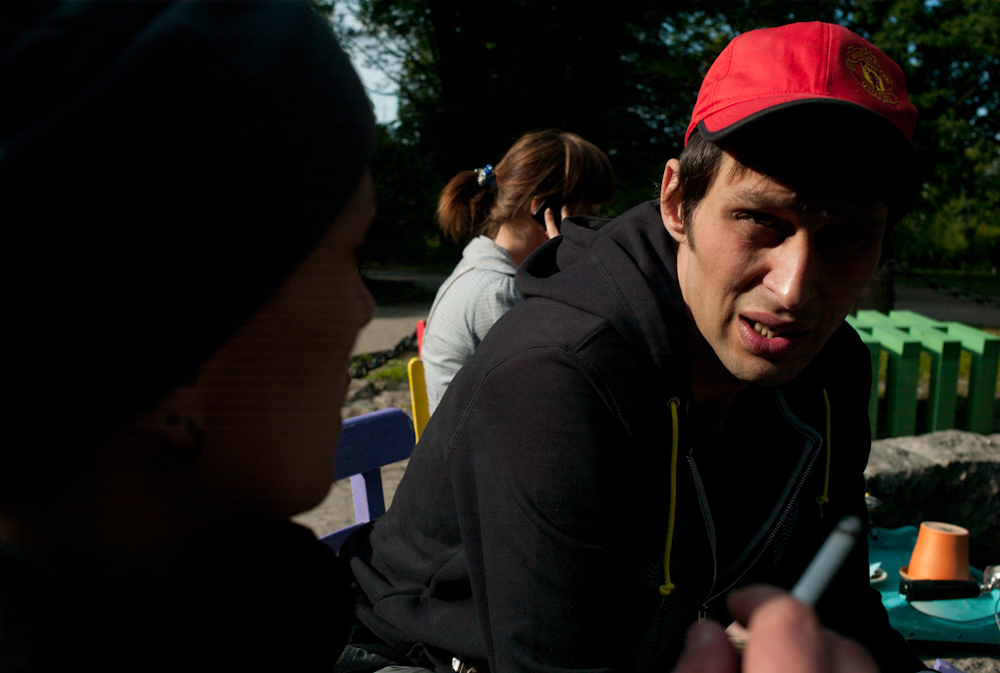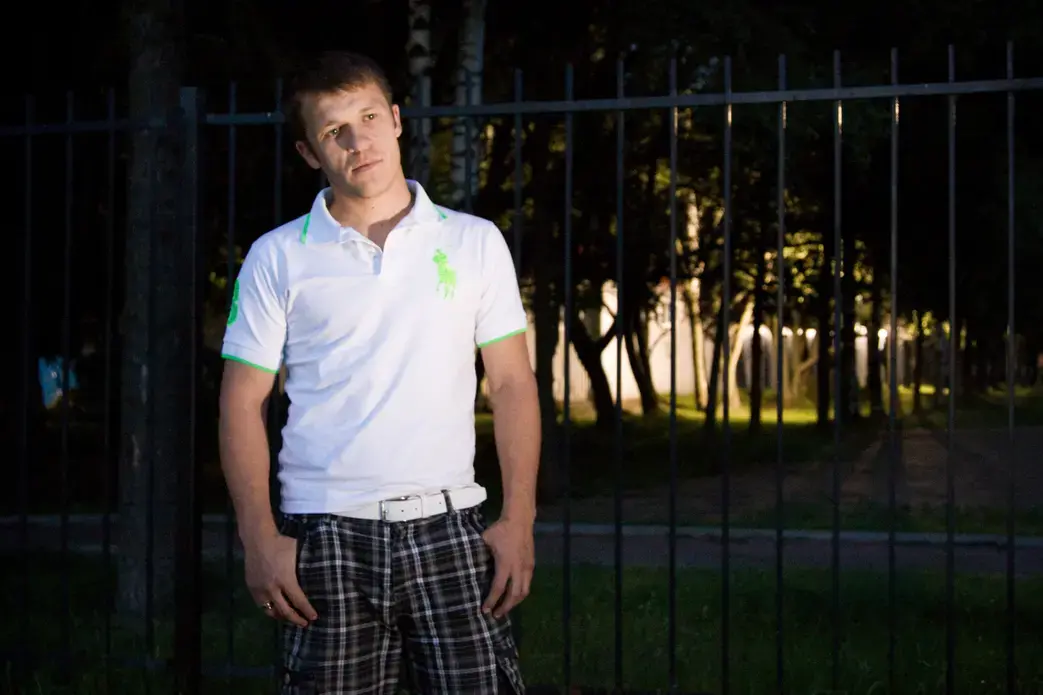Not long ago I returned from Russia, having conducted over 30 in-depth video interviews of people living with HIV/AIDS, or who at one time or another had been heroin users. The country is facing a staggering health crisis on both fronts: by most estimates, there are over one million people who are HIV-positive, and the principal means of transmission is needle-sharing among people who use heroin. Nearly two million people in Russia are injection drug users.
Now perhaps you've read stories or seen photos of heroin users in Russia. One gets the sense that just about every photographer for these pieces has been given the same order: Find an emaciated addict lying on a cot, surrounded by filth, giving the camera the thousand-mile stare. Points if his sleeve is rolled up and his scarred arm is dangling to the side.
The reality of heroin use tends to be more prosaic – this is true in any country. Heroin users have jobs; they have families; they don't, as the activist Sasha Volgina joked to me, have a giant "H" imprinted on their foreheads. But neither is the damage their addiction causes so easy to see. Talk to young men and women at, say, a rehabilitation center, and they'll be more interested in telling you how they've hurt their parents and spouses than they are about how they suffer with HIV, hepatitis, or lost chances at a decent life. Call it a hidden epidemic of emotional pain.
Which brings me to Oleg, a 31-year-old laborer I met in St. Petersburg. Heroin use was so prevalent in the late 1990s and early 2000s in St. Petersburg that you'd find it difficult to find anyone between 30 and 45 who hadn't some experience with the drug. At first he didn't want to talk to me about his experiences, but he reached out a few days after we first spoke and said we could talk as he drove home from work.
It was then that he shared a secret with me, one that causes him an ongoing sense of shame and hurt. It involves an argument with his father, and words he wishes he could take back.











